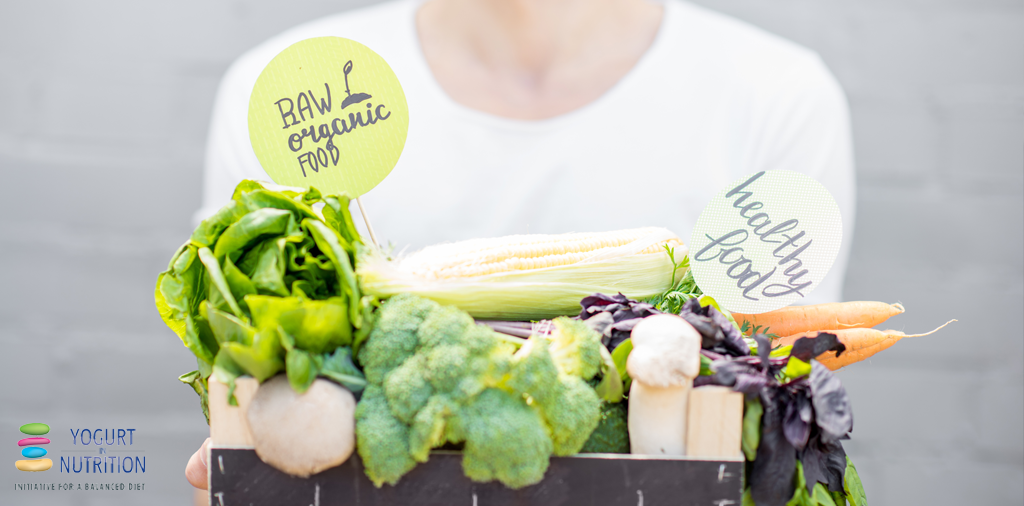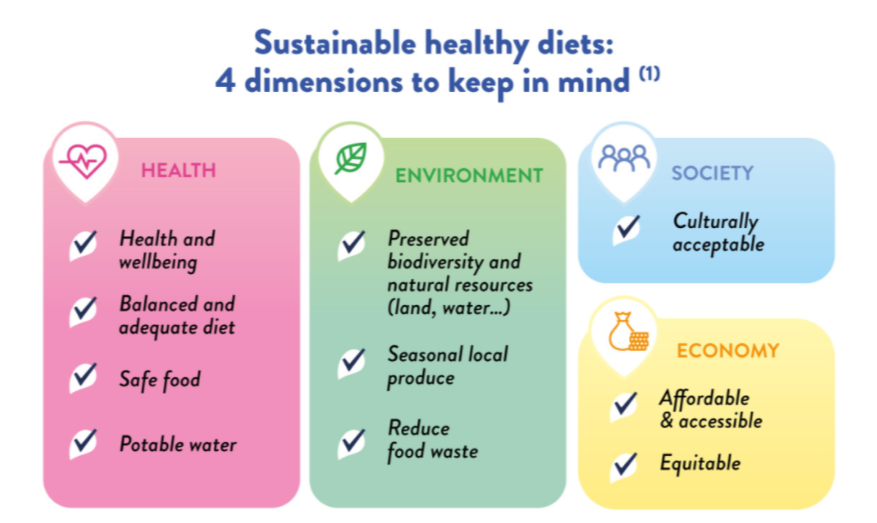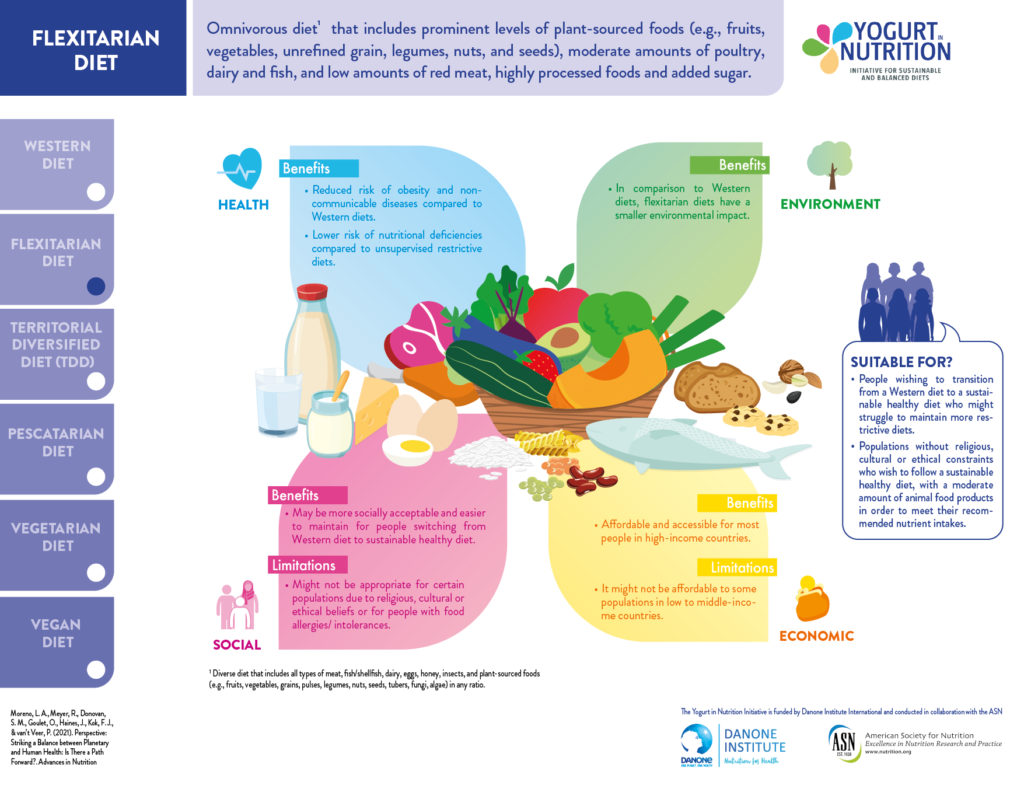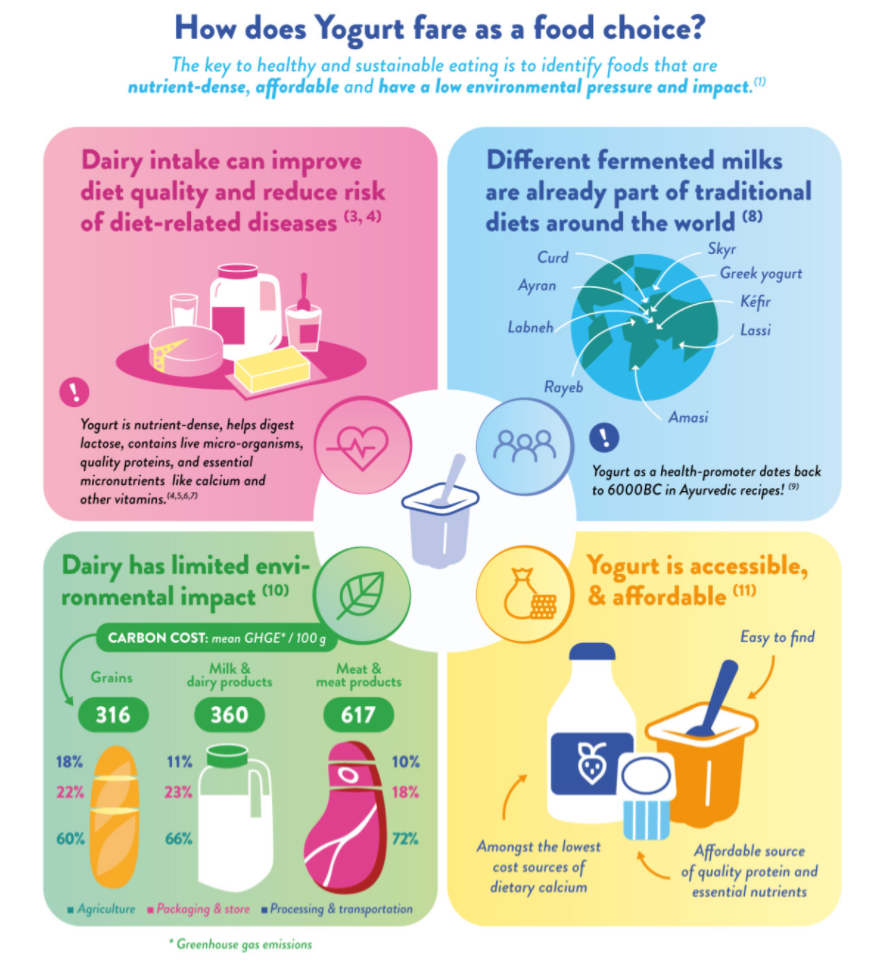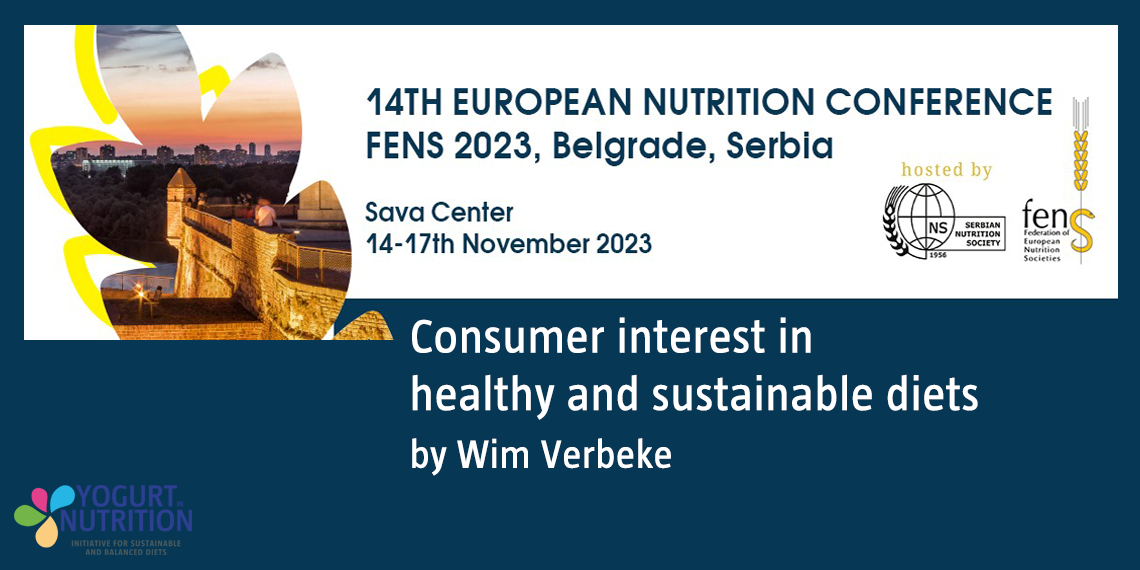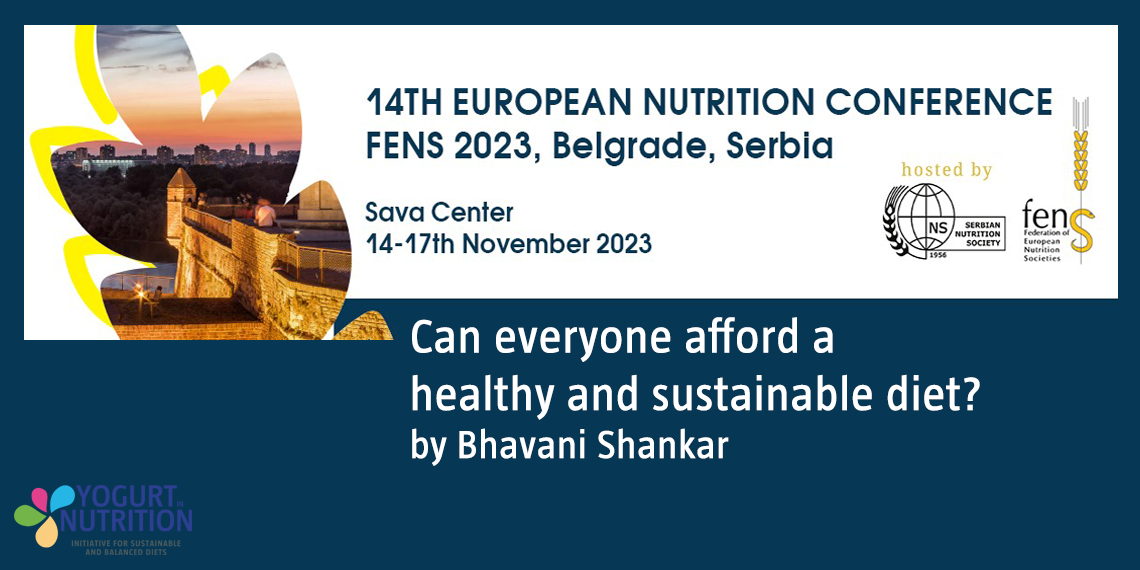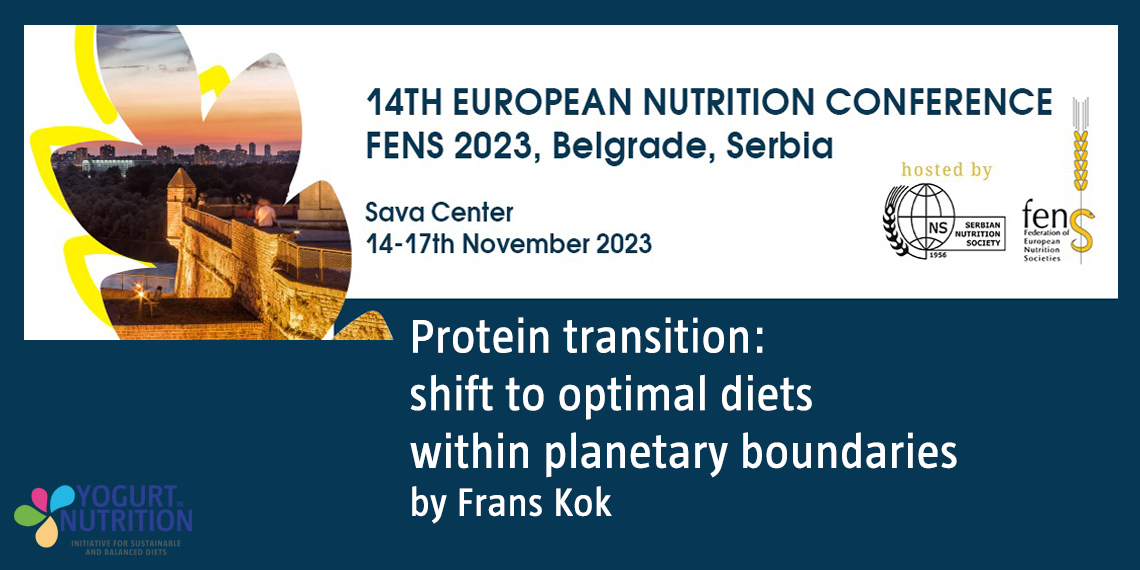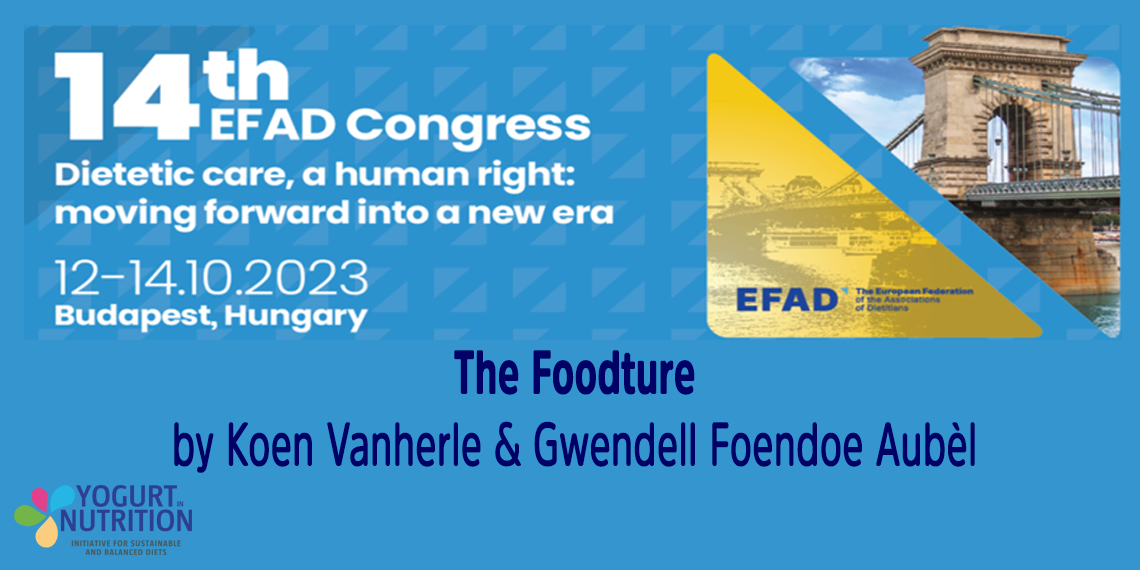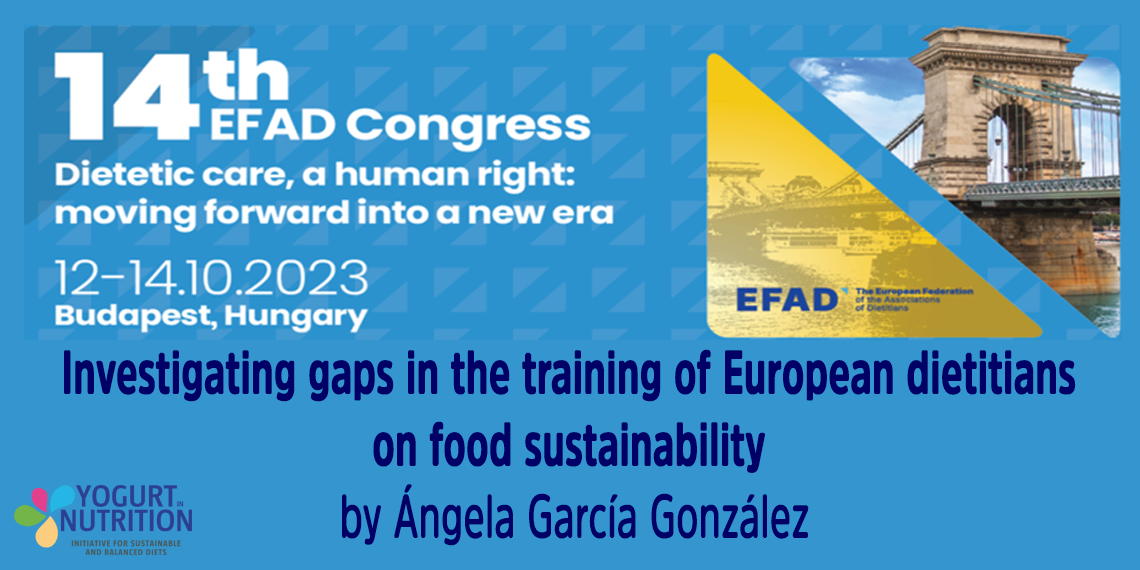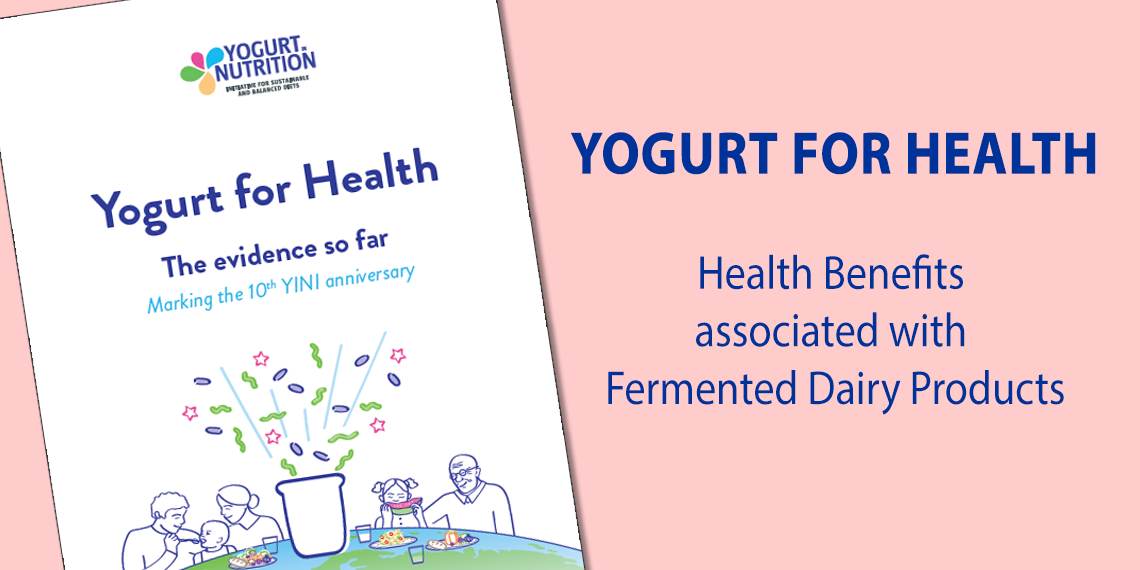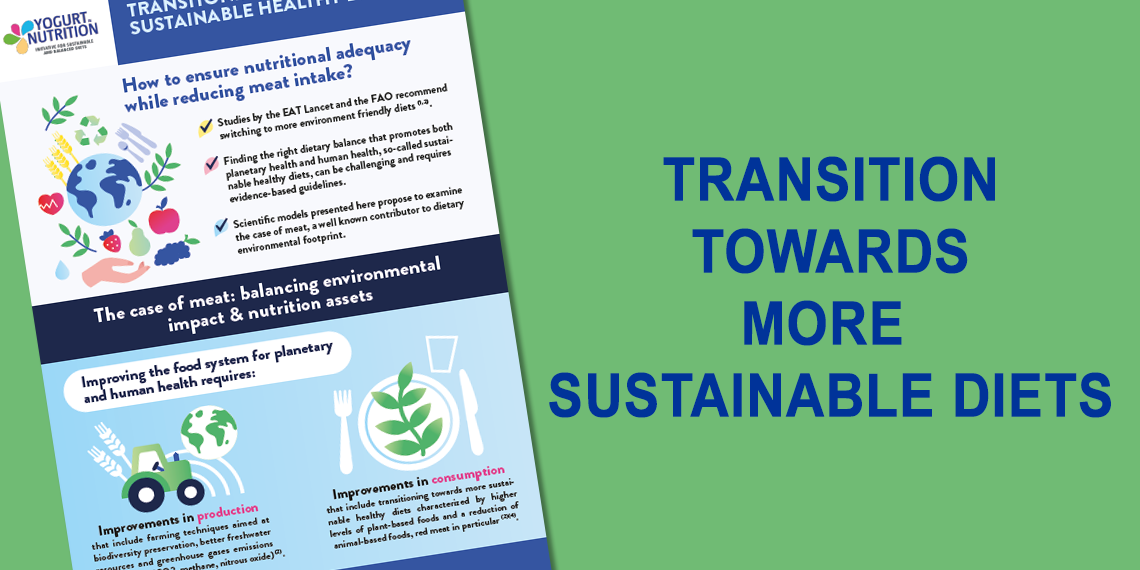sustainable diet
Sustainable healthy diet
What is the definition of a sustainable diet?
According to the FAO Biodiversity and Sustainable Diets symposium (Nov. 2010, Rome, Italy), Sustainable diets are defined by as “diets with low environmental impacts which contribute to food and nutrition security and to healthy life for present and future generations”.
“Sustainable diets are:
- protective and respectful of biodiversity and ecosystems;
- culturally acceptable, accessible;
- economically fair and affordable;
- nutritionally adequate, safe and healthy;
- while optimizing natural and human resources (1).”
Sustainable foods or diet isn’t just about environment. There are many different views as to what constitutes a sustainable food system, and what falls within the scope of the term sustainable food or sustainable diet:
- Environment
- Health
- Economics
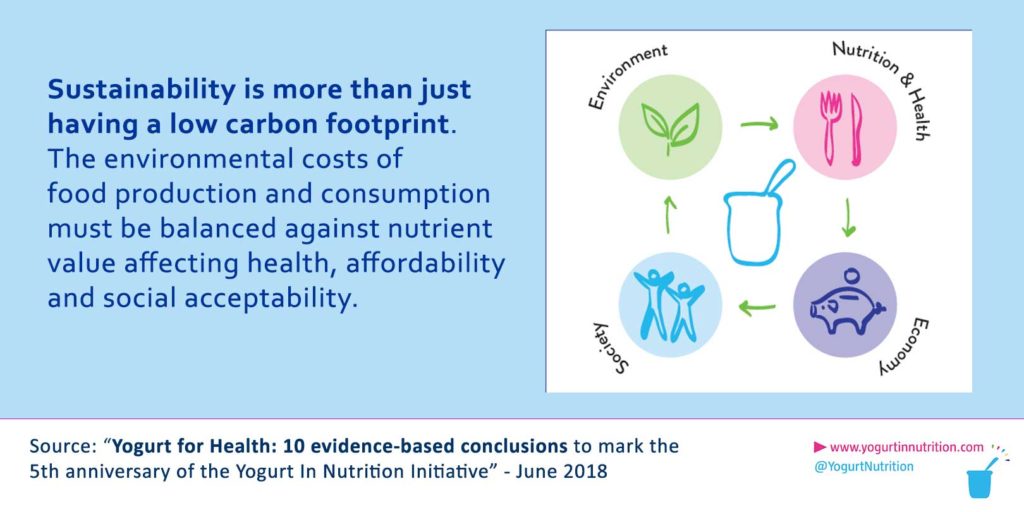
How to be sustainable with food?
In order to adopt an eco-friendly diet, the key is to consider a food’s nutritional value, affordability and accessibility within the landscape of its impact on environmental and social factors such as land use, animal welfare, labor and market conditions and economics of food supply (2, 3).
According to this approach, the consumer can be confronted to a dilemma:
- Nutrient-rich foods tend to be more expensive, whereas foods that provide “empty calories” are usually cheaper
- Nutrient-rich foods typically have a higher environmental impact and are consequently costlier in terms of environmental footprint. Meat and dairy foods that have a high nutrient density also have higher greenhouse gas emissions (GHGEs). Yet, sugar and some grains that have low GHGEs, have fewer nutrients.
The key of a healthy sustainable diet is to identify those foods, which are high in nutrient density, have a low environmental footprint whilst also being affordable and culturally accepted.
Is eating meat and other animal-sourced foods (fish, egg, dairy) sustainable?
The growing worldwide population challenges global food supplies and nutrient-dense foods are crucial to support nutrient security in the future.
Eating meat or other animal-sourced foods sustainably is mainly a question of balance between nutrition and sustainability. The easier way to analyze it is to look at dairy products and milk.
Milk and dairy products are recognized as a nutritious foods (2), providing numerous keys essential nutrients. Consequently, the demand for yogurt and milk products is rising and the Food & Agricultural Organization (FAO) estimates that the demand for milk will increase from currently 700 to over 1000 billion kg in 2050. Indeed, cows are efficient convertors of human-inedible resources (low-quality proteins in grains and soy) into nutrient-dense milk and yogurt, containing essential micro-nutrients and high-quality proteins. However, food production, distribution and storage create greenhouse gas emissions and milk production contributes to the production of greenhouse gas emissions, which impacts environment.
So what is the overall result of eating a yogurt or drinking one glass of milk?
Plant-based foods have a lower environmental footprint than animal-sourced foods (on a unit-weight basis), but this is offset by their lower nutrient density. The environmental impact of dairy farming has to be weighed against the high nutrient density of milk, yogurt and cheese compared with plant-based foods. A Danish research team took into account human health impacts of food and diets. For one portion of milk, they compare the nutritional impacts to environmental impacts (such as global warming), and their consequences for human health. The model showed that adding one serving of milk in the diet, without substituting other healthy foods such as fruits and vegetables, could result in health benefits (6,7,10). The net health benefit was even further increased when substituting less healthy foods (such as sugar-sweetened beverages) on an iso-caloric basis.
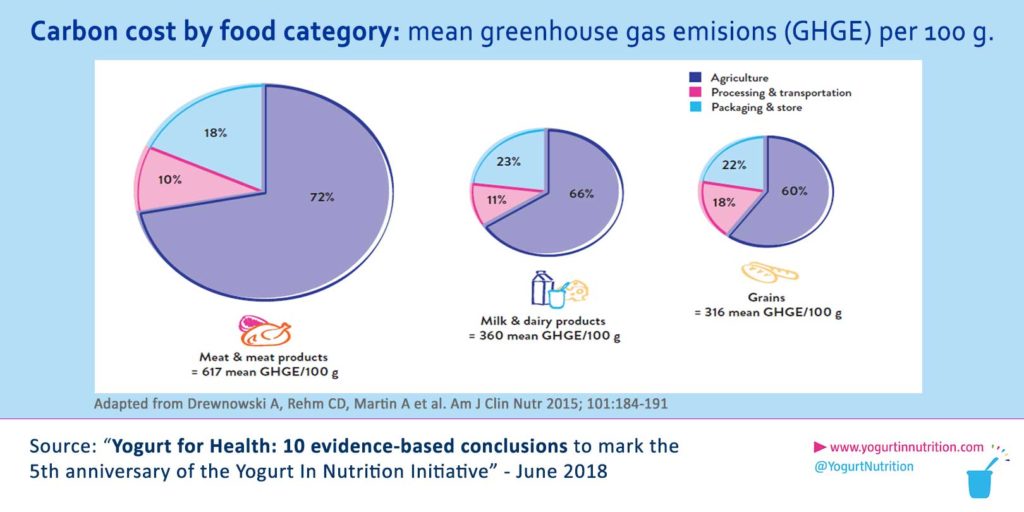
Is flexitarian diet sustainable?
A flexitarian diet gives more place to plant-based foods in the global diet and less meat and animal-sourced foods.
It differs for vegetarian and vegan diets, as it is more flexible and still allows to eat meat. It may be an interesting compromise for a balanced and sustainable diet. There is no specific rules for a “good flexitarian diet” but the main approach is to:
- Promote the consumption of fruits, vegetables and whole grains.
- Limit the consumption of processed foods
- Limit the consumption of sugar and sweets
- Add meat and animal-sourced foods occasionally
The flexitarian diet can be considered as a way to build a sustainable diet: As it reduces the part of animal-sources foods consumption, it may help decrease the greenhouse gas emissions, as well as land and water use and has a lower impact on the environment. However, the occasional consumption of animal-sourced foods assure the nutritional needs and limits the risk of nutrient deficiency.
In this situation, nutrient-dense foods such as yogurt and dairy products may be particularly of interest (6,7,10).
Can yogurt be part of sustainable food choices?
Yogurt is commonly viewed as a healthy food and is part of the diet of many people worldwide and the yogurt consumption is even seen as a marker of an overall healthy diet and lifestyle (11)!
The specific manufacturing and fermentation process of the yogurt give it a high amount of micronutrients (vitamins B, calcium, potassium, zinc and magnesium). Yogurt is a nutrient-dense food with low energy density.
Based on the greenhouse gas emissions, related to food production, processing, transporting, and retailing of different foods, yogurt appears to be an eco-friendly food. The carbon footprint of yogurt production is low to moderate, compared with other foods .
According to the FAO, one of the components of a sustainable diet includes reference to the health and well-being of the population. This explains that sugar and sweets, despite their little effect on the environment, cannot be considered to be part of a sustainable diet, while yogurt can perfectly fit.
Sources/ references:
[1] Food and Agriculture Organization of the United Nations; World Health Organization. (2019) Sustainable Healthy Diets, Guiding Principles.
[2] Macdiarmid JI et al. Sustainable diets for the future: can we contribute to reducing greenhouse gas emissions by eating a healthy diet? American Journal of Clinical Nutrition 2012 ; 96 (3) : 632-639
[3] Willett W, Rockström J, Loken B, et al. EAT-Lancet Commission Summary report: Food in the anthropocene: the EAT– Lancet Commission on healthy diets from sustainable food systems. Lancet. 2019;393(10170):447-492.
[4] Marette A, Picard-Deland E, Fernandez MA. Yogurt: roles in nutrition & impact on health. CRC press. CRC Press. 2017.
[5] Van Hooijdonk, T. et al., Microbiota and the gut–brain axis; Nutrition Reviews; 2015; 73(8): 48-54.
[6] Bruun Werner L et al. Greenhouse gas emissions of realistic dietary choices in Denmark: the carbon footprint and nutritional value of dairy products; Food Nutr Res; 2014; 58: 20687
[7] Drewnowski A. Measures and metrics of sustainable diets with a focus on milk, yogurt, and dairy products. Nutr Rev. 2018;76(1):21-8.
[8]Prasannan A. (2019) Yogurt Market by Type (Set Yogurt, Greek Yogurt, Yogurt Drinks, and Frozen Yogurt) and Distribution Channel – Global Opportunity Analysis and Industry Forecast, 2017-2023
[9] Fisberg M, Machado R. History of yogurt and current patters of consumption. Nutr Rev 2015;73 Suppl 1:4‐7. doi:10.1093/nutrit/nuv020;
[10] Drewnowski A, Rehm CD, Martin A, et al. Energy and nutrient density of foods in relation to their carbon footprint. Am J Clin Nutr 2015;101:184–91.
[11] Tremblay, A., & Panahi, S. (2017). Yogurt Consumption as a Signature of a Healthy Diet and Lifestyle. The Journal of nutrition, 147(7), 1476S–1480S.
[12] Stylianou, K.S., Heller, M.C., Fulgoni, V.L. et al. A life cycle assessment framework combining nutritional and environmental health impacts of diet: a case study on milk. Int J Life Cycle Assess 21, 734–746 (2016).
Learn more through our specific Q&A and infographics developped by experts on sustainable diets:


